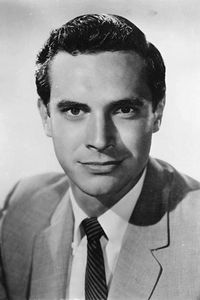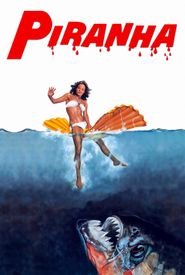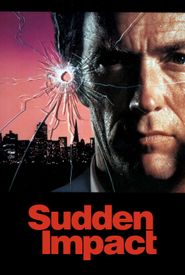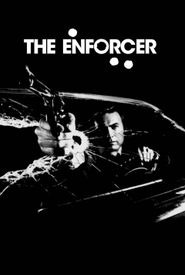Bradford Dillman, a dark-haired, Ivy League-looking actor with a white-collar career spanning nearly five decades, possessed charm and confident good looks that were slightly tainted by a bent smile, darting glance, and edgy countenance, often provoking suspicion. He was born in San Francisco on April 14, 1930, to Dean and Josephine Dillman.
After graduating from Yale University with a B.A. in English Literature, Dillman served with the US Marines in Korea from 1951 to 1953. He then studied at the Actors Studio, spending several seasons apprenticing with the Sharon (CT) Playhouse before making his professional acting debut in "The Scarecrow" in 1953.
Dillman took his initial Broadway bow in Eugene O'Neill's play "Long Day's Journey Into Night" in 1956, originating the author's alter ego character Edmund Tyrone and winning a Theatre World Award in the process. This success put him squarely on the map, and 20th Century-Fox took immediate advantage by placing the darkly handsome up-and-comer under contract.
He earned a Golden Globe for "Most Promising Newcomer" for his role in the melodrama "A Certain Smile" (1958),playing a Parisian student who loses his girl to the worldly Italian roué Rossano Brazzi. He followed this with a strong ensemble appearance in "In Love and War" (1958),featuring a cast of young rising stars including Hope Lange and Robert Wagner.
Dillman's subsequent films failed to serve him well, and he began to top-line lesser-quality projects or play supporting roles in "A" pictures. His last good film role was in O'Neill's "The Iceman Cometh" (1973),although he did play an interesting John Wilkes Booth in the speculative re-enactment drama "The Lincoln Conspiracy" (1977) and had a fun leading role in the Jaws-like spoof "Piranha" (1978).
Dillman bore up well on TV over the years, subsisting on a plethora of mini-movies and guest spots on popular series, playing everything from turncoats to frauds and from adulterers to psychotics. He earned a Daytime Emmy for his appearance in "Last Bride of Salem" (1974) and starred in two series, "Court Martial" (1965),as a military lawyer, and "King's Crossing" (1982),as an alcoholic parent and teacher attempting to straighten out.
In his later years, Dillman launched a late-in-the-career sideline as an author. The football fan inside him compelled him to write "Inside the New York Giants" (1995),a book that rated players drafted by the team since 1967. Two years later, he published his memoirs, the curiously-titled "Are You Somebody?: An Actor's Life."
From 1956 to 1962, Dillman was married to Frieda Harding, and had two children, Jeffrey and Pamela. Following their divorce, he met well-known model-turned-actress Suzy Parker during the production of "Circle of Deception" (1960) and the couple married on April 20, 1963. They had three children, Dinah, Charles, and Christopher. Daughter Pamela Dillman has worked as an actress. Dillman was made a widower when Parker died on May 3, 2003. He lived for many years in Montecito, California, and helped raise money for medical research. He died in Santa Barbara, California on January 16, 2018, aged 87, from complications of pneumonia.
































































































